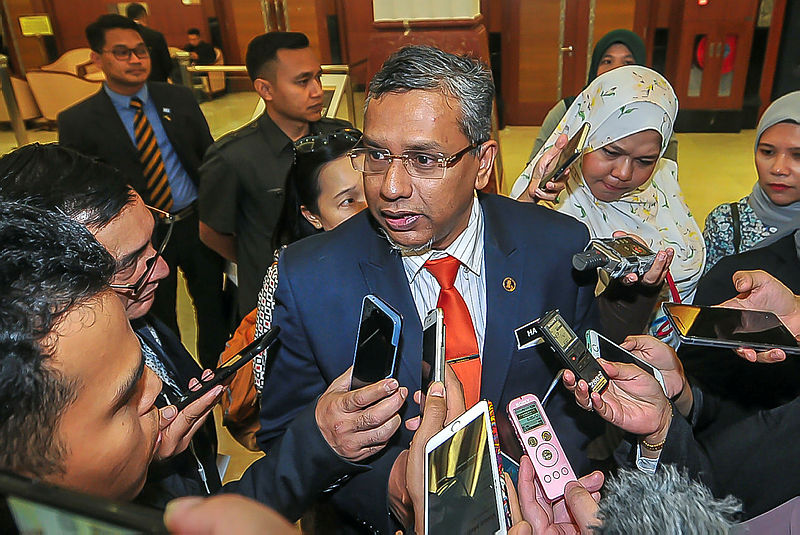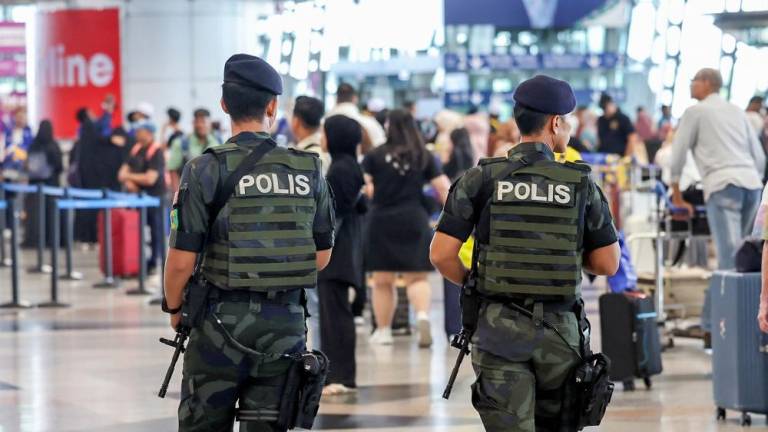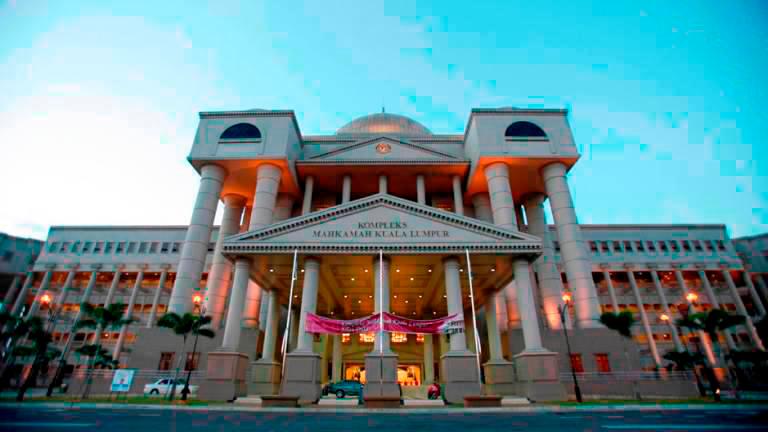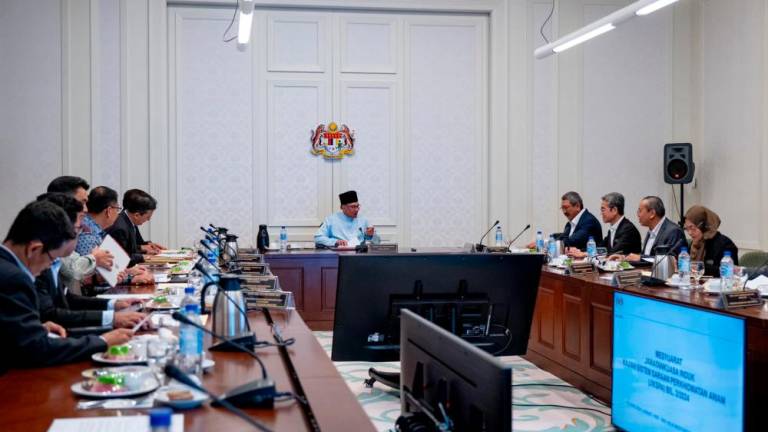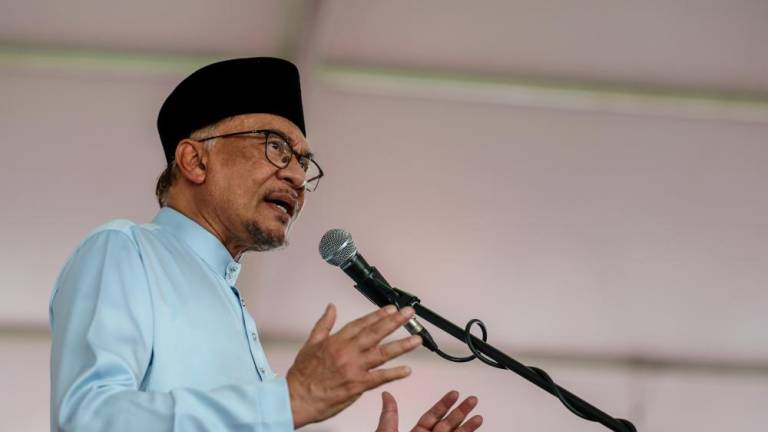KUALA LUMPUR: The Prime Minister will relinquish his authority to declare any place a “security area” in favour of the Yang Di-Pertuan Agong under an amendment to the National Security Council (NSC) Act 2016.
However, the Agong will only act on the advice of the NSC when making such decisions.
This is among several changes that the government is seeking under the National Security Council (Amendment) Bill 2019 that was tabled for first reading by deputy minister in the Prime Minister’s Department, Mohamed Hanipa Maidin, at the Dewan Rakyat today.
According to the explanatory statement in the Bill, “Clause 3 seeks to amend Section 18 of the Act to provide that the Agong may declare any area in Malaysia as a security area on the advice of the council”.
The NSC Act, which came into force in August 2016, had always been a contentious issue. There were concerns that too much executive and emergency powers were concentrated in the NSC and the hands of the prime minister.
Under the original Act, the premier was empowered to declare any place a security area for six months, subject to renewal. The council would then take command of the country’s security forces and strictly police those areas that were deemed to be a security risk.
Anyone who has committed or suspected of having committed an offence in the security area could be searched or arrested without a warrant.
The move to transfer the power to declare a security area from the prime minister to the King is part of an election pledge by Pakatan Harapan to do away with controversial laws.
The Bill also seeks to authorise the NSC director of operations to request from any individual or entity, other than government entities, any information or intelligence in their possession.
Anyone who fails to comply face imprisonment of up to five years or a fine of up to RM100,000. Entities guilty of the same offence can be fined up to RM200,000.
Council members or anyone who has attended a council meeting can be jailed for up to five years for disclosing any information or document obtained in the course of carrying out their duties. Currently, the maximum sentence is two years in prison.



